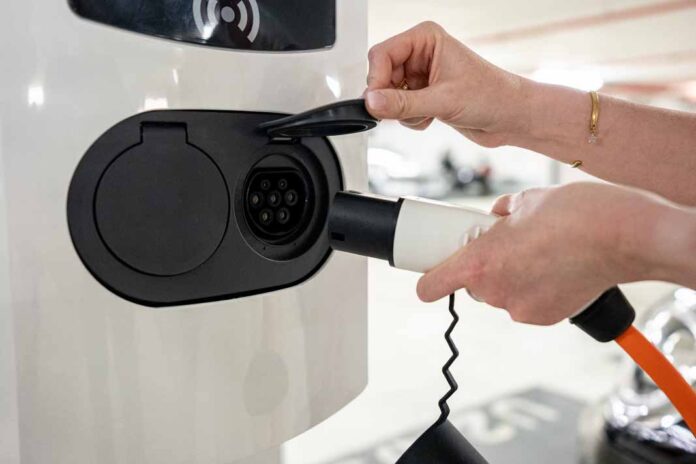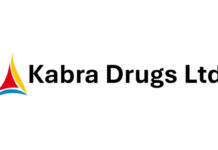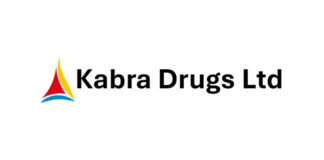- VDE-certified materials for glow wire testing on the end product
- High flame resistance offers greater freedom in component design
- Potentially suitable for electric vehicles
Mumbai, November 17, 2021 – According to a study conducted by the Nuremberg Society for Consumer Research (GfK), sales of technical consumer goods increased in 2020 despite the coronavirus pandemic. The demand for household appliances, too, remains strong because many consumers are increasingly investing in their own four walls. The result is growing demand for flame-retardant plastics that meet the international fire resistance standard IEC/EN 60335-1 for components of unsupervised household appliances like dishwashers. In response, LANXESS is expanding its range of flame-retardant compounds to include material variants that offer a high degree of flame resistance in glow wire tests performed according to this standard.
The latest addition to this range is the halogen-free, flame-retardant Durethan BKV30FN34, which is aimed primarily at users who – for safety reasons – prefer glow wire testing on the end product in accordance with the strict conditions and requirements of the standard for domestic appliances (Glow Wire End Product Test, IEC 60695-2-1). “This polyamide 6 compound offers tremendous safety reserves thanks to its high degree of flame resistance. This opens up greater freedom in the geometric design of components,” says Alexander Radeck, an expert in flame-retardant plastics in the High Performance Materials (HPM) business unit.
High creepage current resistance and elongation at break
The glow wire resistance of this new polyamide 6 has already been certified by VDE Pruef- und Zertifizierungsinstitut GmbH (German Association of Electrical Engineering, Electronics and Information Technology) with a GWIT value of 775 °C for wall thicknesses of between 0.4 and 3.0 millimeters (Glow Wire Ignition Temperature, IEC 60695-2-13). Another advantage of this material is its high tracking resistance of 600 V (CTI A, Comparative Tracking Index, IEC 60112), which reduces the risk of short circuits and defects caused by creepage currents. This allows designers to make electrical and electronic modules more compact, in turn reducing the size of the final product. The plastic, which is reinforced with 30% by weight of short glass fibers, also offers high elongation at break. “This means that snap fits, for example, that are somewhat thicker for visual reasons don’t deform and break before they are engaged,” says Radeck.
Another PBT compound with outstanding glow wire resistance
Another compound designed for glow wire testing on the end product is Pocan TFN4230. The PBT+PET (polybutylene/polyethylene terephthalate) blend is already used in a range of series applications and has been certified by the VDE with a GWIT value of 775 °C (0.4 to 3.0 millimeters). The material offers not only high tracking resistance, but also outstanding dimensional stability.
Application potential in vehicle battery charging systems
Radeck: “We want to see both these compounds used in housings, microswitches, and connectors for appliances such as washing machines, tumble dryers, and dishwashers. But we also see exciting potential in a range of electrical and electronic components for electric vehicles – especially in the battery charging systems.”
You can find more detailed information about flame-retardant compounds from LANXESS – as well as about material types specially optimized for glow wire testing – at flame-retardancy.lanxess.com.
LANXESS is a leading specialty chemicals company with sales of EUR 6.1 billion in 2020. The company currently has about 14,900 employees in 33 countries. The core business of LANXESS is the development, manufacturing and marketing of chemical intermediates, additives, specialty chemicals and plastics. LANXESS is listed in the leading sustainability indices Dow Jones Sustainability Index (DJSI World and Europe) and FTSE4Good.
Forward-Looking Statements
This company release contains certain forward-looking statements, including assumptions, opinions, expectations and views of the company or cited from third party sources. Various known and unknown risks, uncertainties and other factors could cause the actual results, financial position, development or performance of LANXESS AG to differ materially from the estimations expressed or implied herein. LANXESS AG does not guarantee that the assumptions underlying such forward-looking statements are free from errors, nor does it accept any responsibility for the future accuracy of the opinions expressed in this presentation or the actual occurrence of the forecast developments. No representation or warranty (expressed or implied) is made as to, and no reliance should be placed on, any information, estimates, targets and opinions contained herein, and no liability whatsoever is accepted as to any errors, omissions or misstatements contained herein, and accordingly, no representative of LANXESS AG or any of its affiliated companies or any of such person’s officers, directors or employees accepts any liability whatsoever arising directly or indirectly from the use of this document.











